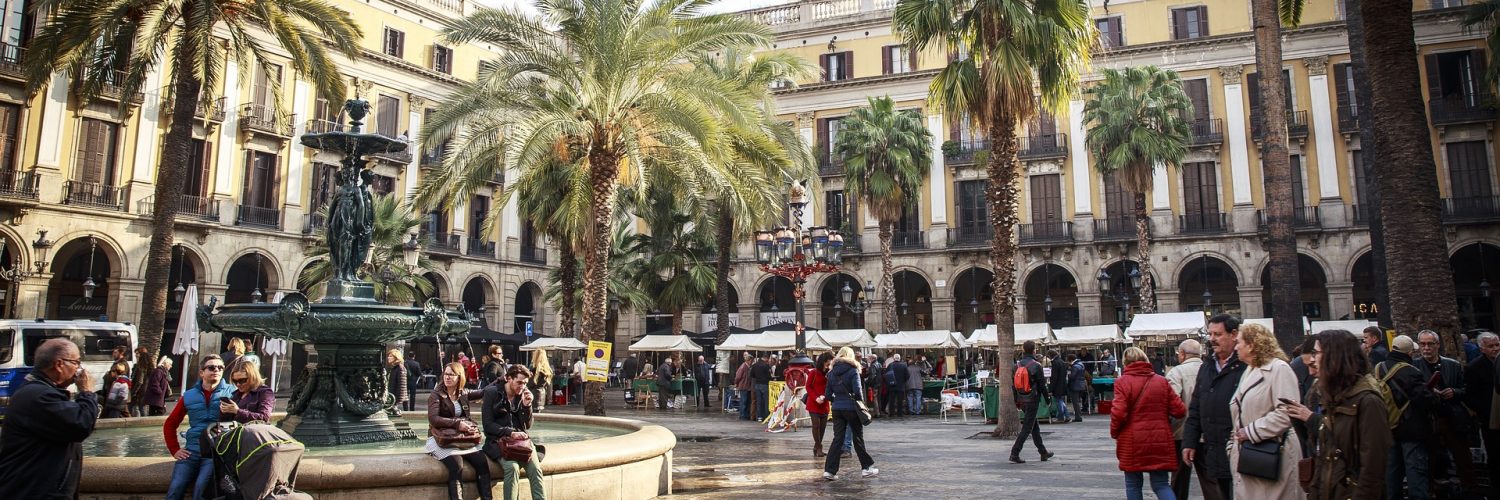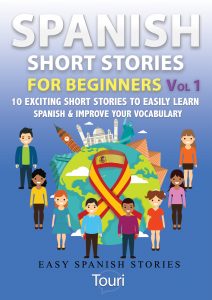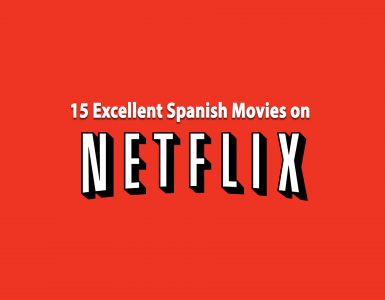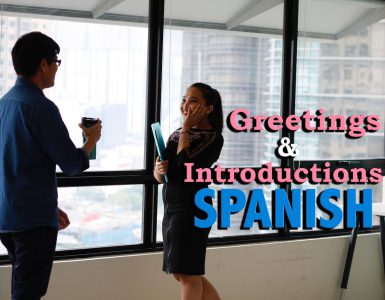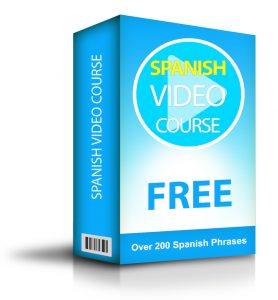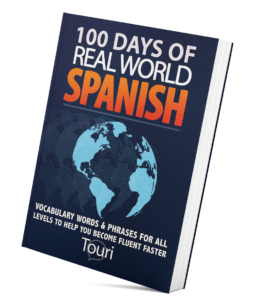Delving into a new language can be immensely intimidating and challenging, but honestly, it doesn’t have to be. Let me explain.
I am a self-taught fluent Spanish speaker. Ironically, I failed Spanish in high school. Through motivation, consistency and a little creativity I was able to teach myself the conversational basics to fluency. Sometimes learning a skill or a task can be monotonous and difficult to keep the momentum going, so it’s important to have fun while you’re doing it.
There are a variety of factors that come into play as well as different approaches to maximize your memory retention when learning any task. To accomplish this goal, you have to set yourself up for success from the beginning.
I knew it was important to write down my goals and define how I would track my progress along the way. I recommend setting specific weekly or bi-weekly times dedicated to your learning. These don’t have to be huge blocks of time, rather merely used as guidelines to establish consistency. Twice a week for an hour each should do the trick. Utilizing the tools I listed below outside of your predetermined times will allow variability. For example listening to Spanish music or news during a commute to work or school aided the learning process as well.
Flash cards – To become familiar with just the basics, I made a conscious effort throughout the day to write down words and phrases (in either a little notebook or on my phone) I commonly used in English. With these words I created flash cards. One side written in English and the other side in Spanish, fairly simple. From there it was a function of repetition and quizzing myself at least once a day. This helped me establish the building blocks as I am a visual learner. For the most part we engage in conversations with the same 1000 words.
Dictionary – Either on your phone or a hardcover works. It’s cliché, but I still reference a dictionary from time to time.
Workbook – I used an amazing workbook with writing exercises that helped me with sentence formation, grammar and verb conjugation called Practice Makes Perfect Spanish Verb Tenses. The writing exercises forced me to think and write in Spanish. Such a great book.
Music – Listening to Spanish music with clear pronunciation such as Bachata and salsa music.
Word & Object association – I used tape and then labeled objects in Spanish around my house. I consciously and subconsciously with very little effort rewired my brain to associate those objects in the new language.
Role play – situations that I could find myself in such as doing a transaction at the bank. Write down the phrases that I would use in English and look up the translation. Of course, it always helps when you have a native language speaker to correct the translations.
100 DAY CONVERSATIONAL SPANISH CHALLENGE
Helpful vocabulary and phrases to catapult your progression to fluency.
100 DAY CONVERSATIONAL SPANISH CHALLENGE
Helpful vocabulary and phrases to catapult your progression to fluency.
Movies – From YouTube to actual movies I utilized subtitles to aid in my learning. Just paying attention to the verbal cues and body language alone can be helpful to understanding what is being said.
Reading – I became a voracious reader of every type of content I could get my hands on from children’s books, articles, news publications to more advanced reading level books. I made note of every single word I didn’t recognize an looked them up. In fact, because we believe that reading is so critical to your learning we have created a set of language learning books.
Spanish Short Stories for Beginners, is the first in the Spanish learning series packed with 10 exciting short, fast reading stories specifically written in a format you can easily understand and handle within minutes. It’s fun and most importantly it has no boring grammar lessons or drills. You will have a blast naturally growing your Spanish vocabulary, which you can use right away.
**One hack I found to work wonders for memory retention to explicitly learn these new-found words was to make sure to use them in conversation with a native speaker so that I linked the word to an experience or situation. Memorization can be dull and difficult, but this association trick helped me tremendously.
Native speaker – Learning a language from a native speaker acquaints you with an in-depth and powerful knowledge of the local language and culture. I have to admit that this was a key element to getting to the next level as it incorporated listening, engaging conversation and most importantly feedback. I found that regularly speaking the language with my friends in South America allowed me to keep my skills in tune.
Travel – When you breathe the language and culture, just purely out of survival you will absorb new words and phrases from your surroundings. There is insurmountable evidence that traveling to, and even more so, living in a country is simply the best way to fully obtain a level of fluency. I lived in Spain, Argentina and Costa Rica so I can attest to this. However, there is a major pitfall to be avoided. As humans, we tend to band together with those we feel most comfortable and never step out of our comfort zone. If you go to a Spanish speaking country and only hang out with English speakers, clearly the amount of Spanish you will learn will be negatively impacted. Therefore, I encourage you to step outside of your comfort zone and get adventurous with the native speakers.
The idea is to incorporate as many angles as possible so your brain is actively and subconsciously learning the language. I’m not referring to overloading on information because you’re more likely to forget everything. However, if you build step by step and stay consistent, there’s a higher probability you’ll see an exponential increase in memory retention as well as gain a deeper grasp of the language. It’s about the little things you do to actively learn.
As my passion for learning languages and travel grew stronger due to the eye-opening possibilities of new cultures, adventures, experiences, and networking opportunities I created Touri, which provides daily 30 and 60 minute live 1-on-1 online lessons with experienced native language instructors from around the world. This solves the geographic restrictions of some who are not able to travel or live abroad.
You’ll go from just merely ‘getting by’ to fluent with a little dedication. Soon you will be able to explore the depths of a culture, scooping up new pearls of wisdom rather than frantically treading water to stay alive and ultimately missing out on the true local experience. As Federico Fellini said, “a different language is a different vision of life.”
Stay consistent and never stop learning and you’ll reach fluency in no time!

